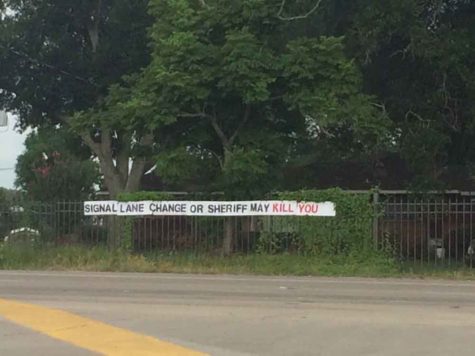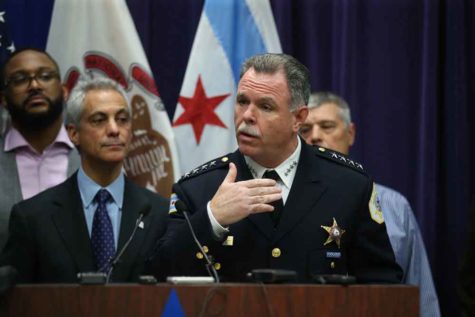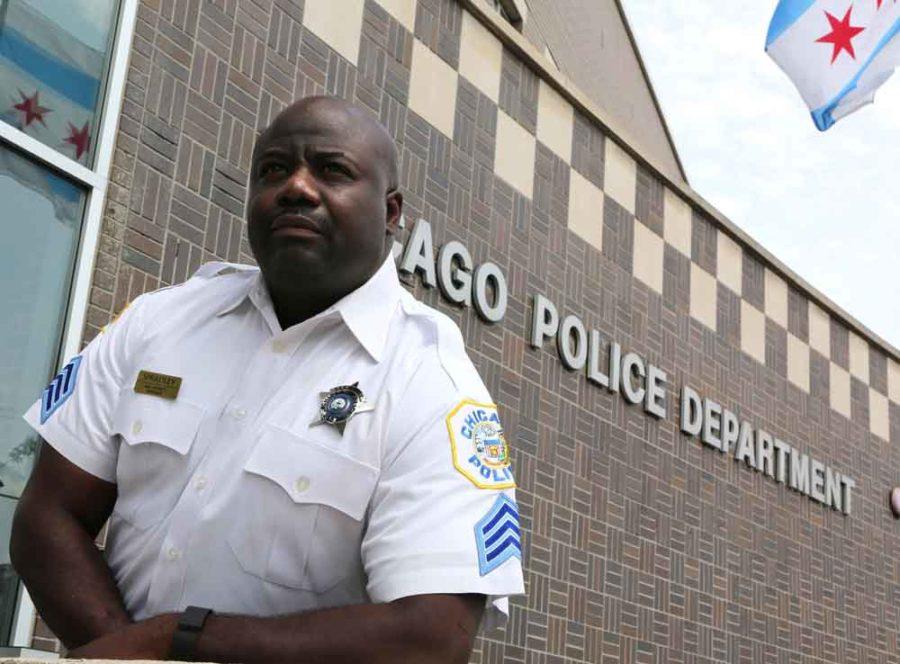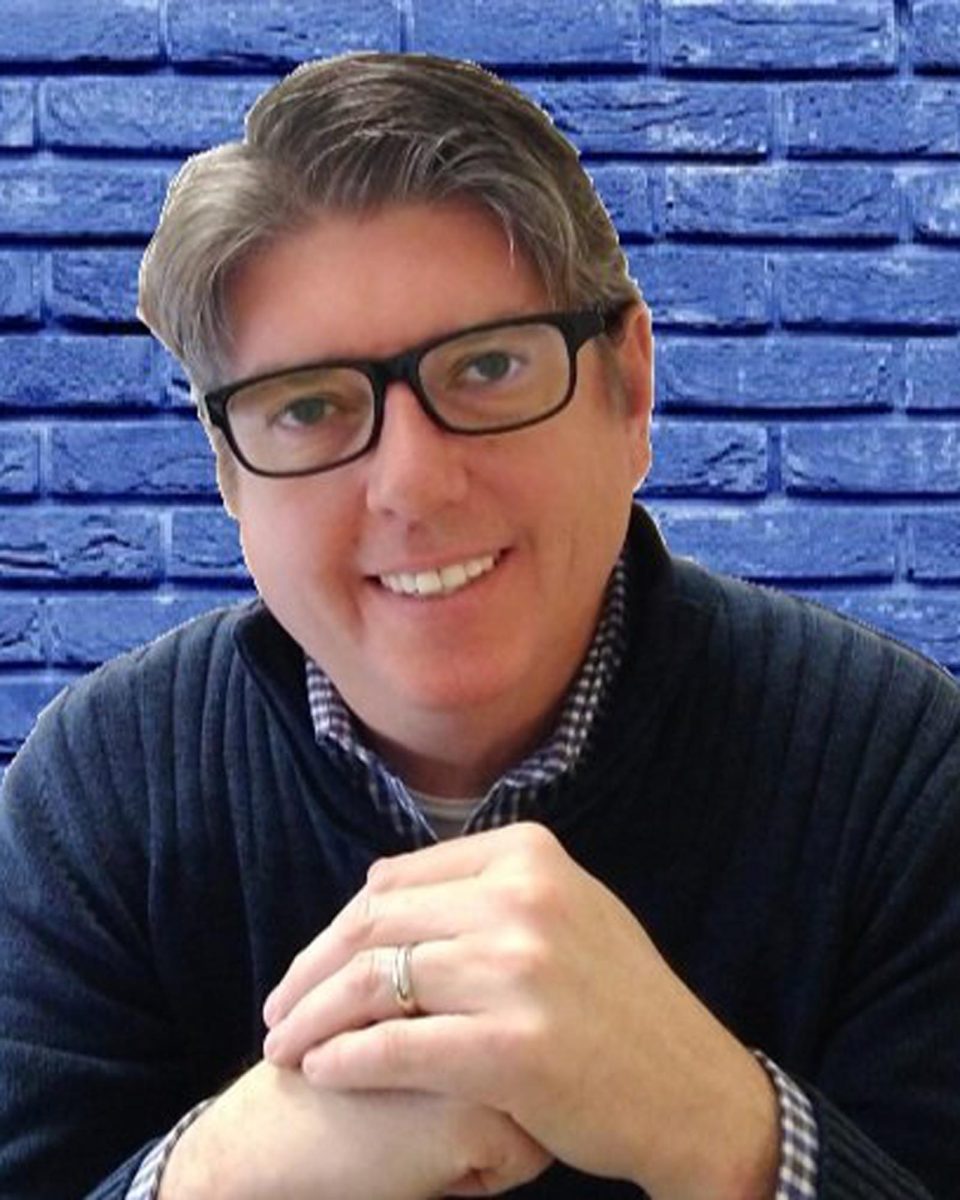For African-American police officers, a foot in 2 worlds
Chicago police Sgt. Ernest Spradley said he was pulled over by a white officer who cussed at him before knowing he was a police officer. The incident reminds him that officers need to work at respecting the people they serve, he said. (Antonio Perez/Chicago Tribune/TNS)
August 27, 2016
CHICAGO — Ernest Spradley, who is African-American, says he chuckled when the south suburban white cop who pulled him over told him he was going 95 mph down a main drag.
“I was like ‘Officer, I’m in an ’88 Honda Civic automatic, not even a stick,'” Spradley recently recalled, a wry smile on his face.
Clearly not amused, the officer said: ‘So mother—-er, are you trying to get smart with me?'” Spradley recalled.
Advertisement
Before it was over, Spradley, a veteran Chicago cop, had to pull out his police ID — not so much to get out of a ticket — but so the officer knew he was armed and the situation didn’t turn ugly.
Many black officers say they very much understand the conditions that brought young people to the streets to protest harsh treatment by officers, white and black. But they bristle at attacks on police at a time when violent crime in Chicago is a national topic.
“There are good and bad in every profession, any profession, and I don’t deny we have bad cops,” said a black veteran patrol officer assigned to the majority black Wentworth police District on the South Side, who asked not to be identified. “But what offends me the most is the protests like they’re doing now. A possibly bad shooting happens somewhere else in the country — where is your protest over the 4-year-old who was just shot?”
“There are things to protest, but you attack us instead of attacking the actions of the gangbangers that you know, the people that you know have the guns,” he said. “You know who shot the child, who robbed the old man, and you say nothing.”
Chris Fletcher, a 30-year veteran with the Chicago police before taking the police chief’s job in south suburban Calumet City, knows all too well the duality of the job.
“I’m on both sides of the fence depending on what day it is,” Fletcher said. “Some days I’m all over the police side, depending on the police incident, and the other days, I’m just as outraged as [the public].”
The handful of black officers reached by the Chicago Tribune say angry exchanges with loved ones and strangers regarding their police work are rare, though they can occur, especially after high-profile brutality cases in the news.
Advertisement*
Fletcher can still recall the heated exchange with a close friend involving the death of LaTanya Haggerty, an unarmed African-American woman who was shot and killed in summer 1999 by a Chicago police officer who mistook her cellphone for a weapon.
More: Death of alumna by gun of Chicago police officer prompts mourners to protest recent brutality
“One of my non-police friends,” Fletcher began, “he’s like, ‘Man how can you stand up behind that? Because they just killed that girl and she just had a cellphone. That could have been you or me, your sister, your little cousin.'”
“The public doesn’t look at the other end. What if it wasn’t a cellphone?” he said. “What if it was a gun? And police officers have to make that split [second] decision, because you say I can wait to see if it’s a cellphone and be killed. … The average officer isn’t willing to take that chance with their life.”
Black cops know how volatile things can be at a crime scene. But while they may face the same dangers as white officers, some black residents — be they witnesses, victims or even the accused — may open up more freely to a black officer than their white counterparts, some black cops have observed.
“Sometimes the victim may look to a familiar face and hear a little bit more clearer from a familiar face,” said Spradley, who grew up in the Grand Crossing neighborhood and graduated from Morehouse College. “They’re more apt to hear what the familiar face is saying when the other [white] officer may have told them pretty much the same thing.”

A sign of protest was erected in Prairie View, Texas, after the death of Sandra Bland. The sign, which went viral when posted on Twitter, has since been taken down and no one in town seems to know who put it up. (Molly Hennessy-Fiske/Los Angeles Times/TNS)
Black officers interviewed by the Tribune say they’re as concerned as anyone about the abuse and callousness some of their white counterparts have toward African-Americans. They’ve faced it. Their family, friends and neighbors have complained about it. But the officers say they don’t have the political muscle to make changes.
And they’re preoccupied with a skyrocketing shooting and homicide rate. Police shooting deaths of African-Americans locally and nationally are further putting black officers on defense — forced to answer for the actions of fellow law enforcement officers.
Officers say they feel blindsided with the release of every new viral video showing an attack on a black civilian.
“The negative is often every day because there’s something new popping up every day in the news,” said the Wentworth District officer who asked not to be identified.
Fletcher is among those officers who has deep concerns about policing in minority communities, while he also questions the media’s treatment of the problem and the community’s response.
“If you just looked at the media, you would think that the biggest issue for black folks is police brutality. But if you took a bloody weekend, all you’ve got to do is look at the number of people shot by police and the number of black people shot by black folks, and the [police] number pales in comparison.”
Fletcher was one of a number of officers bothered by police actions seen in videos of the arrest of Chicago-area native Sandra Bland, who died in a Texas jail last year, as well as the 16-shot death of Laquan McDonald in Chicago.
More: Top Chicago cop seeks to fire 7 officers for lying about Laquan McDonald shooting | 92 deaths, 2,623 bullets: Tracking every Chicago police shooting over 6 years
Starting out as a Chicago cop at 22 in the late 1980s, Fletcher said he’s seen the good, bad and ugly of police work and has always been troubled by some white colleagues who lacked empathy for the black residents they serve.
“There are a lot of white officers who really didn’t see that [McDonald’s death] was overkill,” Fletcher said. “I wouldn’t say that all of the white officers, or even the average one, has no empathy. But I would say a lot of them don’t have any empathy and at times they don’t even understand that they don’t. But in the things that they say, you see it.”

Mayor Rahm Emanuel and then-Chicago Police Supt. Garry McCarthy hold a news conference at Chicago Police Headquarters in Chicago on Tuesday, Nov. 24, 2015. Emanuel later that he has dismissed McCarthy, citing a lack of public trust in police leadership in the wake of the Laquan McDonald shooting. (Nuccio DiNuzzo/Chicago Tribune/TNS)
Some older black officers say a lack of understanding and some heavy-handed, old school policing tactics decried by activists and black cops alike have historic roots in Jim Crow segregation and persist to this day in some communities.
“It was a way you were raised and brought up. The officers that came in our community who were not black wanted you to fear them,” said Greg Baker, a regional vice president of the National Organization for Black Law Enforcement Executives, who is also the police chief in South Holland.
“It was like, if you were afraid of us, we can keep you in line. You would do whatever we tell you or not, whether it was for your benefit or not.”
Some retired cops are hoping these most recent police incidents will shine a light on the need to hire more black officers in the city. Only about 23 percent of officers in Chicago are African-American, compared with the city’s black population of 32 percent.
Patricia Hill, former head of the African American Police League, says the city desperately needs black officers who embrace their heritage and are devoted to providing service to communities in need.
“You need police officers who can change hats,” she said, adding that in black communities, cops sometimes “have to become the social worker, the teacher. … It’s not just about kicking a– and taking names. It’s a service, you’re a public service employee. And in the black community, 90 percent of your calls are service calls.”
“People are not getting along. And you have to be able to negotiate that. Many of the white officers in the black community don’t see black people as needing service. They need to be policed: ‘Y’all don’t know how to act, you need to be put in order, talked down to, civilized’ and all that. That’s why you have this adversarial relationship. We need more officers that give service. When you call the police, you want help and that’s what we need.”
Spradley says that long-ago traffic stop that ended with an official warning from the suburban cop is a reminder how police must work harder to maintain a respectful relationship with the people they serve.
He says he tries to hold on to the memory of what it was like to be robbed multiple times as a teen while traveling from his South Side home to Providence St. Mel Catholic High School on the West Side.
“I want to be the police officer that responds when my coat gets snatched off my back, or somebody’s chasing me down a street to get my gym shoes off my feet. I wanted to be that police officer that gave the service that I would want to have if I was the victim — and I had been the victim.”
___
(c)2016 Chicago Tribune
Visit the Chicago Tribune at www.chicagotribune.com
Distributed by Tribune Content Agency, LLC.
Advertisement








